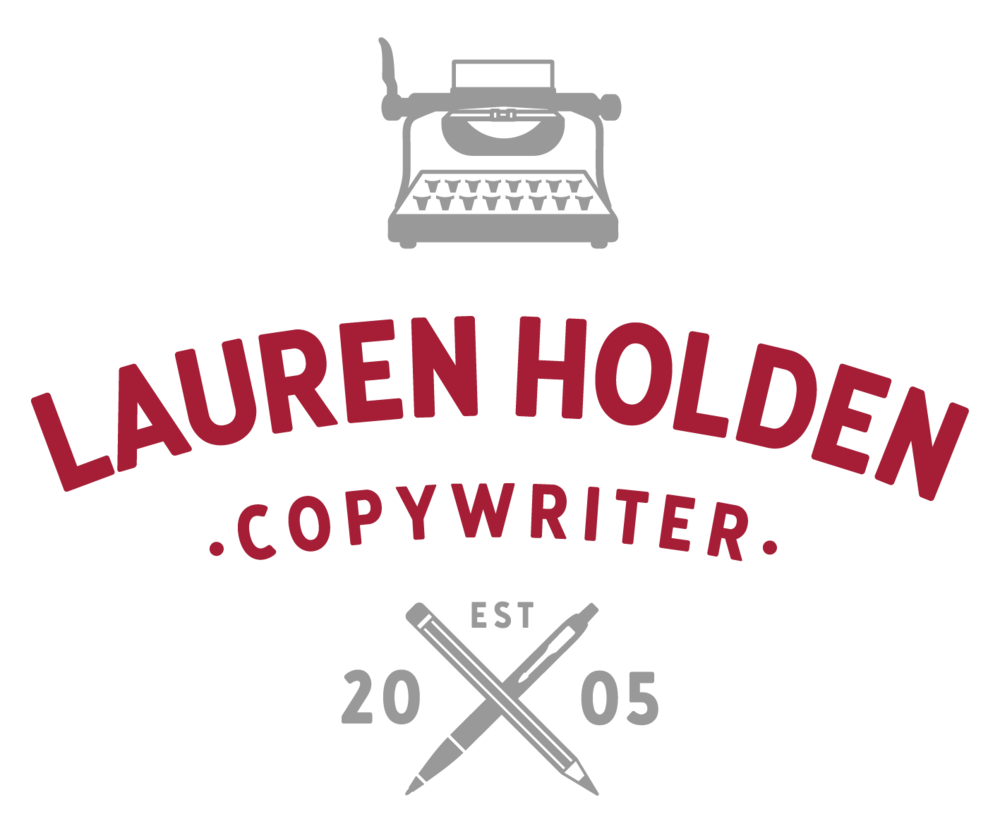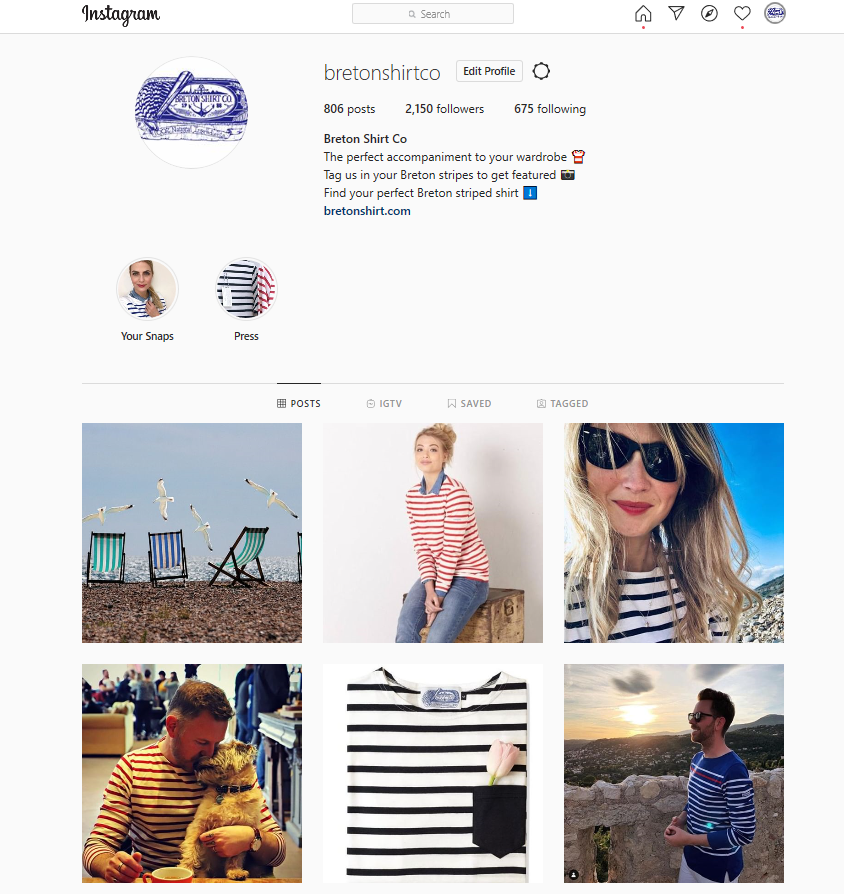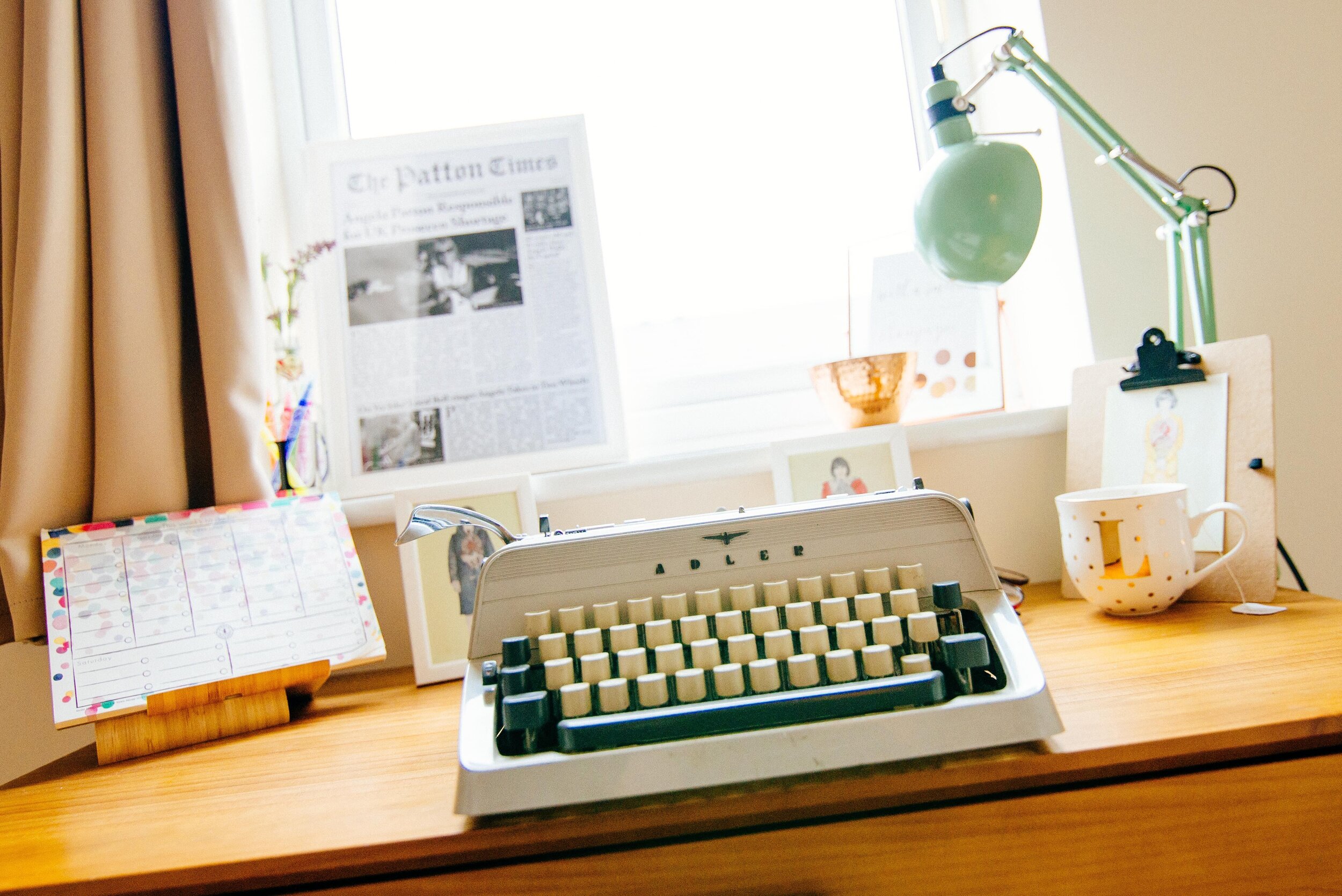If you’ve ever ummed and ahhed about the prospect of becoming a freelancer (or indeed a freelance Yorkshire copywriter) you probably have a few questions, including:
Is freelancing better than holding down a full-time, in-house role?
Can I make a decent living from being a freelancer?
What do I do if the work dries up?
During your obligatory Google research phase, you may have seen a few things bandied around the Internet about what the life of a freelancer is actually like - but without giving it a go yourself, you may never know the answers.
I can’t tell you what every freelancer gets up to on a daily basis - we’re all different, with our work spanning a host of industries, too - but I can help bust some myths about going it alone and leaving your 9 to 5.
It’s a Lonely Life
Don’t get me wrong, there are days when I’d love a spot of company (besides William the friendly windowsill pigeon), but for the most part, I can still be sociable when working from home. ‘How?’, you might ask.
Regular check-ins with clients over Zoom calls, or the ‘old-fashioned way’ - over the phone. While it isn’t always the same as meeting up in person, it can fill the void a little when working on your own gets too much.
Before the pandemic, I’d regularly meet for coffee with fellow freelancers, or just head out for an hour for a walk during lunch time. Just seeing a few other faces on the route - or listening to a podcast while I walked - felt a whole lot better than being cooped up indoors.
So, if you’re worried you won’t hack the freelance life for fear of loneliness, don’t be. Build yourself a little community of sorts and you’ll be fine - even during the pandemic.
You Don’t Have a Boss
Err, yeah…you do. Aside from yourself, of course, your clients - and there can be many of them - act as your ‘boss’, in a way. They set the parameters for any given project - and the deadline. As a good freelancer, you’ll probably want to work in a way that suits them, if you can.
That said, one of the reasons I went freelance is because, sometimes, in a full-time office role, you have to work for someone who undermines you.
You don’t have to stand for that* when you work for yourself - and that’s great. Client not valuing you, your services or your time? Get shut of them.
*To be fair, you shouldn’t stand for it anyway.
You Work for ‘Free’
It still amazes me how many prospective clients take the ‘free’ in freelance quite literally. Of course, they know what a freelancer is and does, but that doesn’t stop some people pushing their luck.
‘Can you write me a sample piece of content before we decide if you’re the right copywriter for us?’. No, I can’t. Neither will I write something for you for ‘exposure’, or the ‘prestige’ of working with you and your high-flying brand.
You wouldn’t ask a painter and decorator to paint one wall first, before you decide if they’re the painter or decorator for you. Neither would you ask him/her to decorate your room for exposure - or because you’re a good client and it’ll ‘look good’ on their portfolio/website/other. Bore off - and, quite frankly, stop taking the p*ss.
There’s No Job Security
Does a full-time office job equal more stability? Lots of people seem to think so.
Sure, you have the reassurance of the same amount of dosh landing in your account each month, but as I often say to people who are considering going freelance, an office job isn’t the be all and end all.
If you’re made redundant from your office job, you’ll almost certainly have to look for another role. Lose one client as a freelancer and you probably have a few more clients to fall back on.
Once you’re established in the freelance world, you may have to lose two or three clients before the panic sets in. Heck, you may have to lose even more than that.
Freelancing can often mean you’re turning work down, which is a great position to be in. Go on; look into becoming a freelancer - you won’t regret it.
It’s Stressful
Like working in a full-time office role, freelancing can be stressful - yes. It’s only as stressful as you make it, though. For me, at least, that means pretty much zero stress. I won’t stand for any nonsense. I believe everyone should value your time and your services - just as you would them and theirs.
Don’t fancy working with a particular client? Just say ‘no’. Or maybe your existing client is difficult to work with. If so, see if you can set some boundaries going forwards. The freelance/client relationship works two ways - and it can be a hugely successful one if everyone involved treats each other with the respect they deserve.
We Work in Our Pyjamas
I can’t tell you how many times I’ve been asked: ‘You work from home; do you get dressed?!’
Ha.
I’m not going to lie; if I’ve no Zoom meetings booked in, or if I’m feeling a bit groggy, of course I blinking well do. Sometimes, anyway. And so would you if you didn’t have to show up to a face-to-face meeting.
Do we also sit around, twiddling our thumbs waiting for work to come in? Perhaps in the early days, yes.
Now? I’m fortunate - like many a freelancer - to be in a position where I can say ‘no’ if a project doesn’t sound like it’ll be up my street.
When you choose the freelance life, it won’t be long before you’re doing the same. There is often no limit to the amount you can earn, too. Providing you have the time and the people to help you out, you can take on as much work as you can physically - and mentally - cope with.
We can also make our own hours, take as many holiday days as we like, and eat the full cake without sharing it with colleagues. In short, why wouldn’t you want to be a freelancer?!
Find this blog post useful? Let me know by saying hello via my website.
Until next time…

















